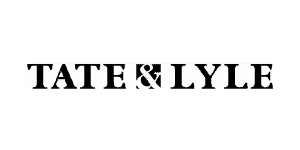Noise pollution from industrial environments can create a host of problems. As a result, businesses need a preventative solution in place to keep everyone safe. We can help here by supplying silencers for steam vent installations and much more. In fact, we can cater for other forms of machinery as well as HVAC systems. If there is something in your property or on the site that is creating too much sound, we can offer a helping hand.
It can be difficult to tell how loud noises are. If you don’t understand how loud is too loud, there could be trouble. To help, we’ve put together a small guide.
Measurement
To start with, we measure noise using the decibel (dB) scale. This reflects the sensitivity of our ears to separate frequencies and levels of sound.
To give some examples;
- 0dB is the quietest sound healthy human ears are able to hear.
- For 60dB, this is an ordinary spoken conversation.
- An industrial fire alarm is 97dB.
- Then there’s 130dB, which is an aeroplane that is taking off 100m away.
- Lastly, 140dB is the level where noise causes pain for most of us. However, some individuals can find lower levels painful as well.
Long or repeated exposure to noises at 85dB or over can result in hearing loss. If there is anyone working in a loud environment with sound levels reaching 80dB, employers should do a risk assessment. Any information they find should also get passed onto the workers.
Safe exposure
The safe exposure time for 85dB is as much as eight hours a day. You will likely be exposed to a fair amount of sounds exceeding this during the period. The exposure time adds up too. Sound intensity doubles with each 3dB increase. So, the safe exposure time halves. As a result, four hours is the safest exposure time for 88dB.
You are in danger of hearing damage a mere 15 minutes after spending time in a standard nightclub. Many play music at 100dB. You should use hearing protection here. With sounds ranging from 110-120dB, even a short amount of exposure is dangerous.
Silencers to reduce steam vent noise and more
At Ventx, we have more than a decade of experience in silencer design. Due to this, we have no trouble providing a solution for almost any given situation. It could be vents on a noisy boiler or pipe, a loud generator, or something more specialist like an autoclave.
So, if you ever need a steam vent silencer or any other model, please give us a call. We create bespoke ones for each client to make sure they work properly and don’t cause issues.









